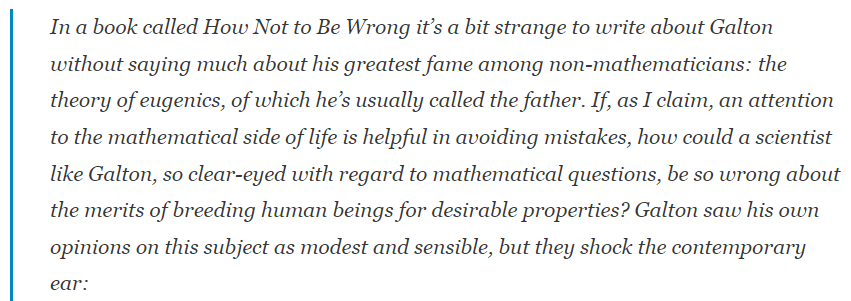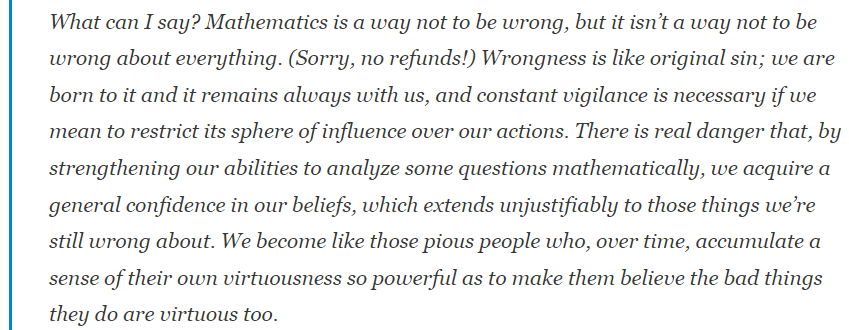Nathan Cofnas is a philosopher of extraordinary courage and integrity. Most of us in the academia understand the game and play along to varying degrees, or at least “tone it down” until tenure. Well, not this guy; the praevalebit club might as well adopt him as its mascot.
In case you had any hopes that the Heterodox Academy — a motley mix of well-meaning but squishy Jonathan Haidt and Steven Pinker types — would provide a meaningful pushback to wokeness, here is Cofnas throwing a bucket of ice water on that fantasy:
Seven years later, you can count HxA’s accomplishments in promoting heterodoxy on the fingers of zero hands. It has focused mainly on aggrandizing celebrity academics who hold conventional leftist views, and giving a platform to liberals to engage in empty virtue signaling about their alleged commitment to free inquiry. Scholars whose work is genuinely heterodox have been systematically marginalized. In at least one instance, a psychologist known for his work on race differences (Helmuth Nyborg) was denied membership.
To its credit (or perhaps to the credit of Cofnas’ stature as a scholar, his dissidence notwithstanding) the Heterodox Academy found it appropriate to respond to the indictment, rather than simply ignore it. Here, specifically, is their response to the Cofnas quote above:
Cofnas’ critique additionally implies that HxA denied membership to a scholar in 2017 based on their topic of scholarly inquiry. This is incorrect. HxA denied membership to a scholar in 2017 based on the membership criteria in place at the time that stated applicants “must have no association with racist or other hate groups.” That year an applicant was deemed to be associated with such a group, and on that basis—not because of the topic of their research—they were denied membership.
Note the conspicuous absence of specific details in HxA’s rebuttal: neither the scholar’s name, nor the racist organization were mentioned (a telltale sign of weaselliness). The scholar’s name we know from Cofnas’ piece: Helmuth Nyborg. The hateful hate group (after a bit of online digging) appears to be American Renaissance.
How exactly did HxA determine that AmRen is a “racist or other hate group”? Do they have a designated committee for that? Or did they base it on SPLC’s “long file”? Moreover, what definition of “racism” are they using? Kendi’s? Ashleigh Shackelford’s? Merriam-Webster’s — and if so, from what year?
And therein lies the poison pill. Denying membership due to some vague association with “racist or other hate groups” (as deemed by whom?) is conceding the game entirely to the woke Left. The Hetereodox Academy could have very reasonably chosen the 1st Amendment as its standard for acceptable speech. It could have a panel of experts to decide on membership based on the quality of scholarship. Someone like Kevin MacDonald, for example, would presumably be admitted — even though his ideology borders on hate and even his scholarship is shoddy*. A Nazi or Islamic terrorist who openly advocates for violence could legitimately be kept out.
* As ironic coincidence would have it, the definitive, devastating refutation of MacDonald’s theories was produced by none other than Nathan Cofnas.
Update: Instalanche!
Update II: HxA responds in the comments:
I’m the Executive Director of Heterodox Academy. I’d like your readers (and Instapundit readers!) to know that the past membership policy described here has not been in effect since 2019. Membership in HxA includes no ideological litmus test whatsoever; faculty and staff affiliated with a college or university, current or retired, can learn more and join us at HeterodoxAcademy.org.



